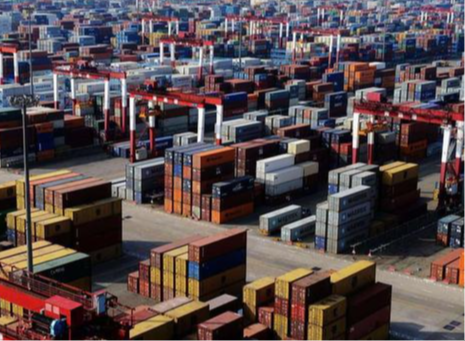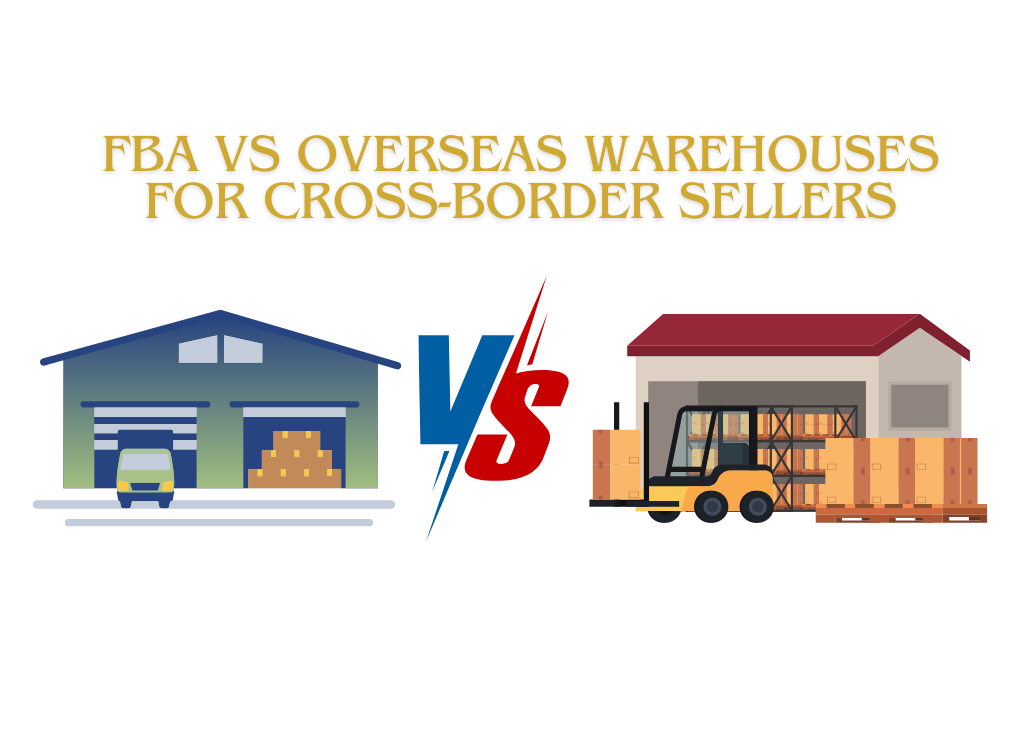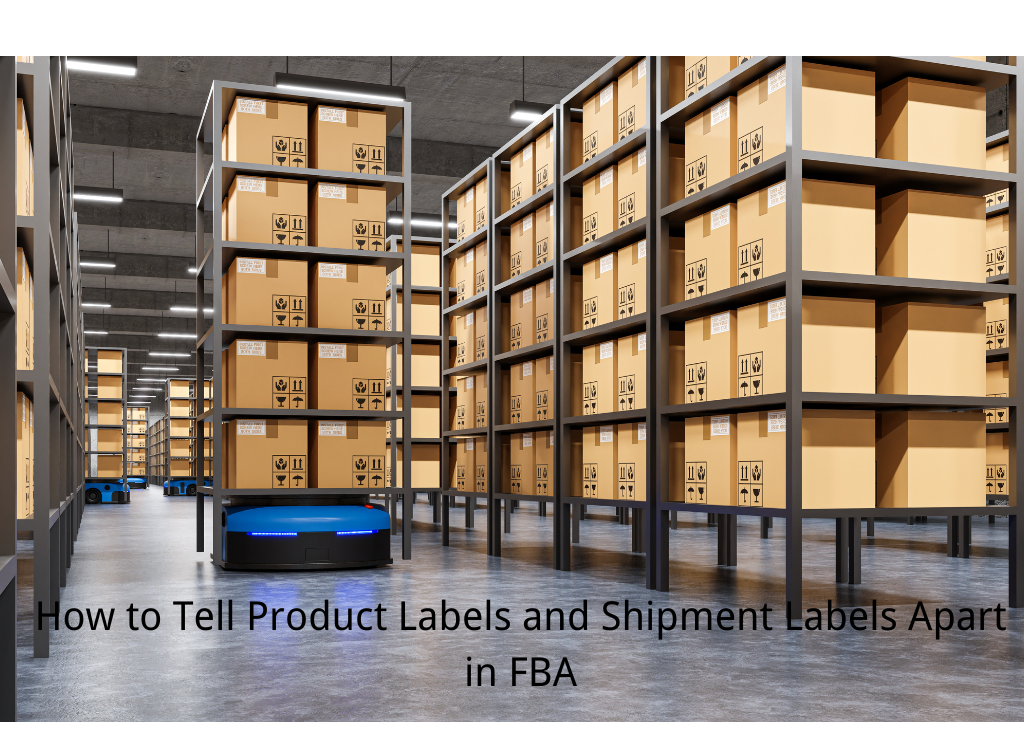FBA LCL Quote
FBA 40HQ FCL Quote
Freight Shipping Across Borders: The Essential Document Checklist for International Logistics
The world of international shipping is intricate and requires meticulous planning and management. One indispensable aspect of this complexity is the proper documentation needed to ensure smooth customs clearance, accurate transactions, and legal compliance. Below, we explore the key freight documents essential for international shipping, each playing a critical role in the logistics chain.
Commercial Invoice
The commercial invoice is a fundamental document in international trade, serving as a customs declaration provided by the shipper or exporter. It details essential information such as a description of the goods, their value, the country of origin, and the harmonized system codes. Customs authorities rely on this document to assess duties and taxes. Importantly, it also functions as a contract of sale between the seller and buyer.
Bill of Lading (BOL)
Regarded as the "heart and soul" of international shipping, the Bill of Lading is a legal document issued by a carrier to a shipper. It serves multiple purposes: it acts as a receipt for the cargo, a document of title, and a contract of carriage that outlines the terms and conditions of transport. The BOL contains valuable information about the type and quantity of goods, the shipper, the consignee, and the destination.
Air Waybill
For air freight, the Air Waybill functions similarly to the Bill of Lading, providing proof of receipt of goods and a contract of transport. It includes vital details such as the shipper's and receiver's information, the shipment's contents, weight, dimensions, and value. This document aids in customs clearance and must always accompany the shipment.
Certificate of Origin
The Certificate of Origin is crucial in verifying the country where the goods were manufactured. This document can affect the duties and tariffs applied to the goods, especially if the originating country has favorable trade agreements with the destination country. There are two main types: preferential and non-preferential certificates of origin, which indicate eligibility for reduced taxes under free trade agreements or regular tariffs respectively.
Packing List
An Export Packing List itemizes all the goods in a shipment, providing details such as weight, dimensions, and description of each item. This document assists customs officials during inspections and freight forwarders in verifying that all items are correctly packaged and shipped. Consistency between the packing list, commercial invoice, and airway bill is crucial for avoiding delays.
Insurance Certificate
Given the risks associated with international shipping, an insurance certificate provides proof that the shipment is covered against potential loss or damage during transit. This document is critical for protecting the financial interests of all parties involved in the shipping process.
Export and Import Licenses
Certain goods require special licenses to be exported or imported, which help regulate the movement across borders for items that could impact safety, health, or economic stability. These licenses are issued by government authorities and must be obtained when dealing with restricted goods.
Export Declaration
The Export Declaration is a government document required for tracking and controlling the export of goods. It provides precise details about the shipment and helps in governmental reporting and compliance with export control regulations [citation:9]. Failure to complete this document accurately can result in significant delays and penalties.
Proforma Invoice
A Proforma Invoice is a preliminary bill of sale sent to buyers in advance of a shipment or delivery of goods. It outlines the terms of the sale agreement and serves as a quote in negotiations before the issuance of the final commercial invoice.
Letter of Credit
This document is often used in international trade to guarantee payment from the buyer to the seller, issued by the buyer’s bank. It assures the seller that they will receive payment as long as the terms of the letter of credit are met, thus providing security in high-value transactions.
Critical Freight Documents for Ocean, Sea, and Air Shipping
Different documents are required for ocean, air, and sea freight due to the varying regulations and logistics involved in each mode of transportation:
1. Ocean Freight:
- - Bill of Lading (BOL): Legal document between the shipper and the carrier detailing the type, quantity, and destination of the goods shipped.
- - Seaway Bill: Used when no original documents are required to release cargo at the destination.
- - Manifest: Lists all cargo on board, required by customs for control, inspection, and duty calculation.
2. Air Freight:
- Air Waybill (AWB): Non-negotiable transport document which covers transport of cargo from airport to airport.
- Manifest: Details all shipments loaded on the airplane.
- Shipper’s Export Declaration (SED): Used for statistics and control of goods departing the country.
While some documents like commercial invoices and packing lists are common across all types of freight, specific documents like the BOL for ocean and the AWB for air are tailored to the particular requirements of each mode of transportation.
Freight shipping documents are essential for several reasons:
1. Legal Compliance: They ensure all international shipping regulations and laws are followed, avoiding legal issues.
2. Customs Clearance: Documents like the commercial invoice and certificate of origin help customs authorities assess duties and taxes and determine whether goods can enter the country.
3. Tracking and Verification: They provide detailed information about the shipment’s contents and status, which is crucial for tracking and managing the shipment throughout its journey.
4. Proof of Ownership and Contract: They act as a proof of the contract between the shipper and the carrier, detailing the terms and responsibilities of each party.
These documents facilitate smooth and efficient freight operations, helping to prevent delays and disputes over shipments.
Conclusion
International shipping documentation is intricate but essential in ensuring that goods move smoothly and legally from origin to the destination. Each document—from the Commercial Invoice to the Bill of Lading, Air Waybill, and more—plays a pivotal, interconnected role in customs clearance, legal compliance, and risk management. Properly managing these documents ensures a streamlined, efficient international shipping process.
By maintaining comprehensive, accurate, and compliant documentation, businesses can mitigate risks, expedite customs processes, and foster smooth international trade operations.
Choose Auto Shipping as your Freight Forwarder.



